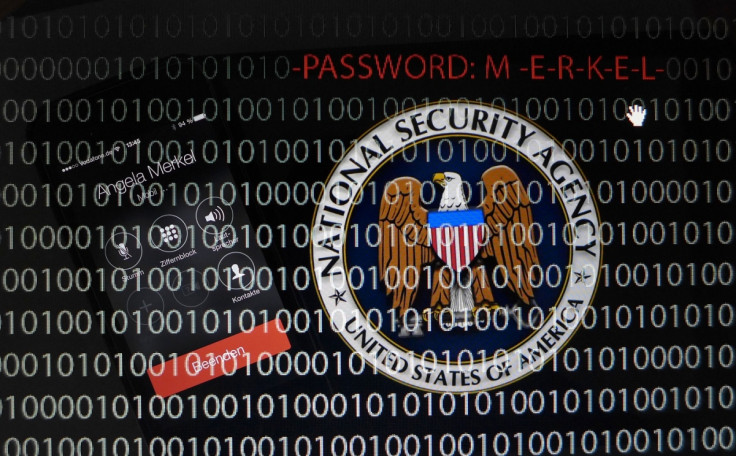Let's Make 2014 All About Privacy-Respecting and Encryption-Aware Software

My new year's resolution for 2014 is to stop using proprietary closed-source software and stop relying on large cloud (especially US-based) services to store my private information as much as possible.
So far it has been great.
Frankly, I'm sick of Google begging for more of my data at every other Android dialogue screen; and Windows making more connections to random Microsoft servers every minute than I could possibly fathom. While at the same time waking up to fresh headlines of new NSA mass-surveillance revelations every day.
Using proprietary software is a bad, unhealthy habit that is detrimental to your privacy and freedom. Richard Stallman, founder of the GNU operating system (used on millions of computers as GNU/Linux), strictly runs free (free as in freedom not price) software. A year ago I believed that his computing setup was irrationally extreme and that he was an open-source software extremist.
However it is now quite clear to me that he is not irrational, but a visionary.
Using proprietary software is a bad, unhealthy habit that is detrimental to your privacy and freedom
Liberty vs convenience
Today it is clearer than ever that if we continue to irrationally trade our liberty for the "convenience" provided by the companies desperately pushing proprietary software and privacy-invasive services then society will stand to lose the very rights and freedoms that make democracy possible.
Proprietary software is often spyware and takes advantage of the fact that the community has no control over what runs on their computers. It is too often abused by companies to push their own agendas because power corrupts – whether it be Microsoft collecting your local file searches so that they can "enhance your shopping experience" or Angry Birds sending your personal data to third parties so that they can serve you personalised ads.
This of course makes proprietary software and the companies who develop them a perfect target and source of data for state-sponsored surveillance spooks.
Abuse
Microsoft waits before fixing security holes in Windows so that intelligence agencies can use them. The NSA has a program designed to "insert vulnerabilities into commercial encryption systems". This kind of abuse is much less likely to happen with free and open-source software as everyone is free to audit the code.
Thankfully there has been a large and vibrant community of open-source software developers for decades and there is no shortage of alternatives to popular proprietary software. While some open-source tools are extremely mature and widely adopted - such as Firefox, VLC and Linux - other tools lag behind their proprietary counterparts.
Wider adoption of these tools means development can be pushed further so they can catch up faster.
Maintaining control
Open-source software is only part of the technological strategy for maintaining operational security and control over privacy in a word full of state-sponsored bad actors.
Unfortunately perhaps not anticipating the abuse, the original design of the Internet is seemingly largely based on trust. SSL was released 26 years after the creation of the Internet.
Companies like Google and Facebook will never encrypt their user data
One of the biggest differences I've noticed after returning to the Internet after a 2-year ban is that encryption is a lot more widespread and standard – more websites enforce HTTPS and certain operating systems come out of the box with the option to encrypt the entire disk.
Recent NSA revelations will undoubtedly spur researcher and hackers to develop new technology and adopt to the new threat model, but there is a limit to how far some companies are willing to go. Companies like Google and Facebook will never encrypt their user data because their entire business model relies on being able to read users' private data so that they can enhance their advertising experience.
Alternatives
However that doesn't mean we should stop using email and social networking. Recently there has been a movement to bring decentralised/self-hosted and encrypted solutions to the masses, such as Mailpile for email, BitTorrent Sync for file synchronisation, ownCloud for other cloud services and even bitcoin for payments.
Many of these solutions still have a long way to go before being widely adopted, but we can expect to see them growing in adoption and improving in the foreseeable future.
Unfortunately my use of encryption is limited over the next four years by a Serious Crime Prevention Order, which only makes me take it less for granted and realise what a wonderful thing it is.
Mustafa Al-Bassam is a former LulzSec member and 1st year Computer Science student. You can follow him on Twitter here.
© Copyright IBTimes 2025. All rights reserved.





















